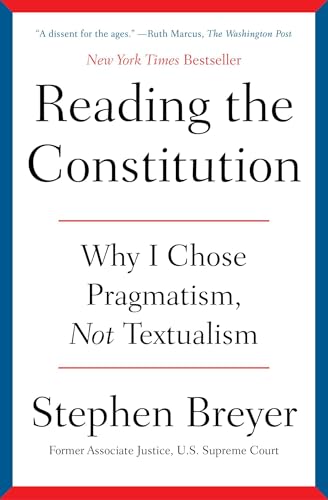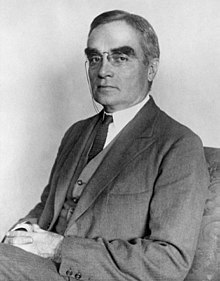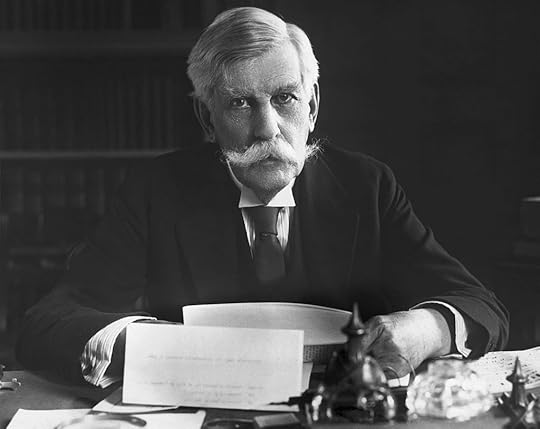What do you think?
Rate this book


368 pages, Paperback
Published June 10, 2025


Working to interpret statutes is akin to a musician playing a musical score. The meaning of a specific sentence may be more than that of the separate words, just as a melody is more than the notes. The music must remain true to the composer's creation but ultimately, a musician must combine an approach that matches the performers' own talents, abilities & creativity.Breyer feels that there is a need for "interest-balancing" that is lost when judges pay too much attention to the words alone in reaching a decision, as "originalists" fail to consider the consequences of an interpretation of the Constitution, especially when current linguistic usage has shifted over time.

There is an overarching, practical need to maintain the values that lie at the heart of a document that is meant to last; in other words, to maintain a workable Constitution. And, only by understanding the detailed intentions or purpose of those who wrote a statute can its scope be fully appreciated in light of those who will be affected by it.My main thought in assessing the Supreme Court's fateful "Citizens United" decision that corporations are “persons” within the meaning of the Equal Protection Clause of the Fourteenth Amendment, then it should also be recognized that the American Constitution is not a forever-fixed document but rather a living entity, subject to its own evolutionary possibilities.